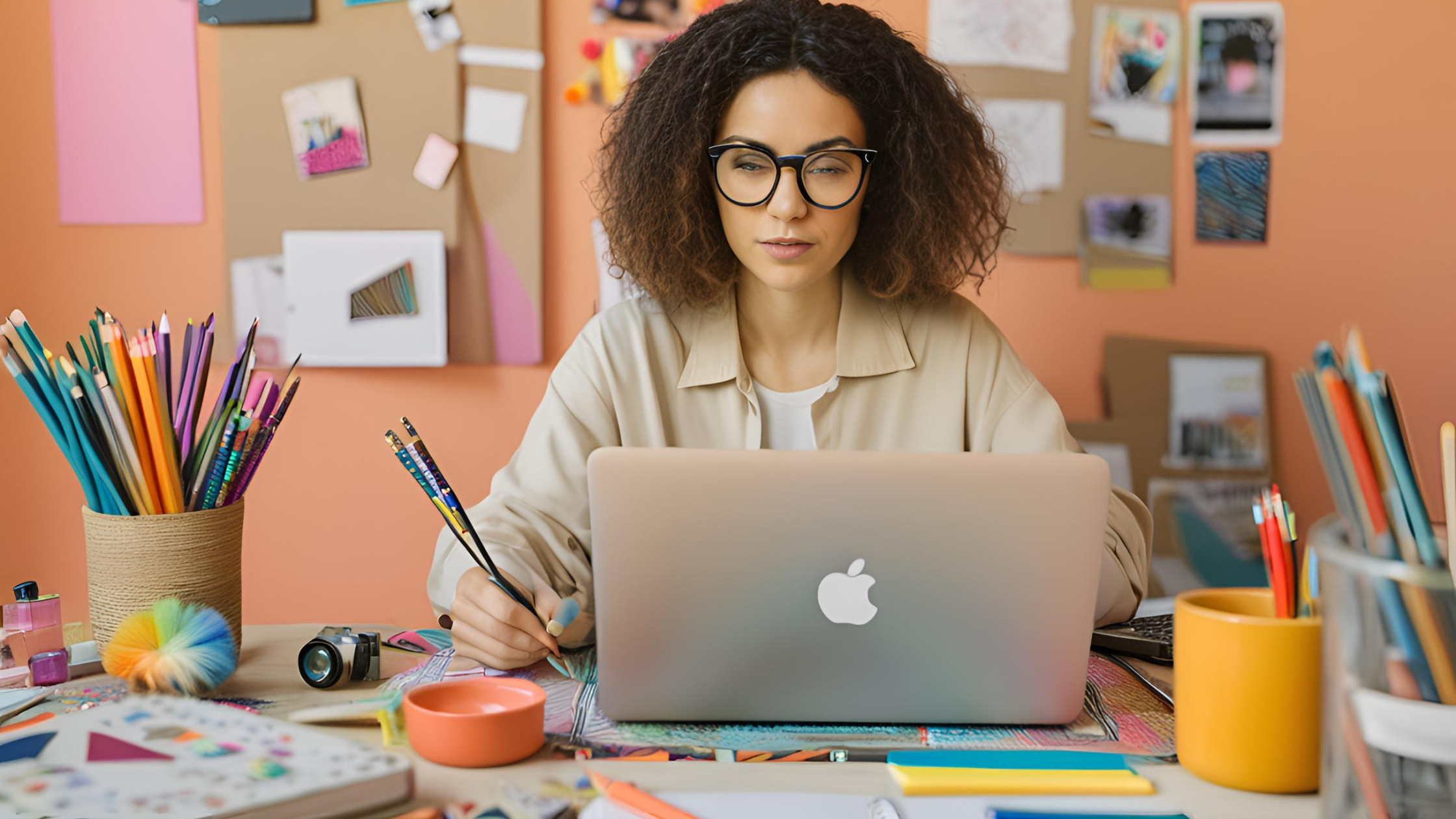Life after divorce can feel overwhelming, lonely, or even directionless. But this new chapter is also an opportunity to try new things, rediscover yourself, and find activities that bring you joy. In today’s tech-savvy world, digital hobbies offer a fantastic way to learn, create, and connect—all from the comfort of your home.
Whether you’re a tech expert or a beginner, there’s a digital hobby for everyone. In this blog, we’ll explore fun and creative digital hobbies you can start today, how they can improve your life, and easy steps to get started.
Why Digital Hobbies?
Digital hobbies are perfect if you want to try something new without committing to big investments in time or money. They’re accessible, flexible, and can often be tailored to fit your interests. Plus, they’re a great way to stay engaged and mentally active.
If you’re looking for ideas to explore hobbies in general, check out our Guide to Rediscovering Yourself Through Hobbies for more inspiration.
1. Photography
- Why It’s Great: Photography allows you to see the world in a new way. It encourages mindfulness by helping you focus on capturing beauty in everyday life.
- How to Get Started: Use your smartphone to take photos of nature, pets, or objects around you. For tips on staying present while exploring hobbies, read our post on Mindfulness Activities Post-Divorce.
2. Blogging or Vlogging
- Why It’s Great: Blogging or vlogging is an excellent way to share your thoughts, experiences, or interests. It can be therapeutic to write or speak about what matters to you.
- How to Get Started: Choose a platform like WordPress for blogging or YouTube for vlogging. Share your journey, like how you’re rebuilding after divorce. Check out our guide on Sharing Your Story to Heal for tips.
3. Learning to Code
- Why It’s Great: Coding isn’t just for professionals; it’s a creative skill that can boost your problem-solving abilities. Plus, it’s a skill in high demand if you’re thinking about career changes.
- How to Get Started: Try free platforms like Codecademy or freeCodeCamp. Start small with HTML or Python, and build up from there.
4. Online Gaming
- Why It’s Great: Gaming can be a fun way to relax, connect with others, and even challenge your brain with strategy games.
- How to Get Started: Explore beginner-friendly games like “The Sims” or puzzle games. If you prefer something more social, try multiplayer games like “Minecraft” or “Among Us.” Balance gaming with offline hobbies for a well-rounded routine—see our Tips on Balancing New Hobbies.
5. Graphic Design
- Why It’s Great: If you love art, graphic design can help you create digital art, posters, or even custom greeting cards. It’s a wonderful way to express creativity.
- How to Get Started: Tools like Canva or Adobe Spark are beginner-friendly. Experiment with templates and explore tutorials online.
6. Digital Journaling
- Why It’s Great: Journaling is a proven way to process emotions and organize your thoughts. A digital journal is private, portable, and easy to update.
- How to Get Started: Use apps like Evernote or Notion to start writing about your day, emotions, or dreams. Check out our post on Journaling for Divorce Recovery to learn how to make it part of your healing process.
7. Music Production
- Why It’s Great: Creating music can be deeply satisfying, even if you’ve never done it before. Digital tools make it easy to experiment with sounds and beats.
- How to Get Started: Apps like GarageBand (for iOS) or Audacity (for all devices) are user-friendly. Start with simple tracks and learn as you go.
8. Virtual Volunteering
- Why It’s Great: Helping others can give you a sense of purpose. Virtual volunteering allows you to support causes from your home, like tutoring kids or translating documents.
- How to Get Started: Websites like VolunteerMatch or UN Volunteers connect you with opportunities. Learn more about building meaningful connections in our Guide to Social Hobbies Post-Divorce.
9. Digital Scrapbooking
- Why It’s Great: Scrapbooking helps you preserve cherished memories while allowing you to be creative.
- How to Get Started: Use platforms like Canva or Pinterest to create digital boards or collages. Focus on celebrating positive moments from your life.
10. Learning a New Language
- Why It’s Great: Picking up a new language can boost confidence, improve focus, and open doors to new cultures.
- How to Get Started: Apps like Duolingo or Babbel are fun and interactive. Choose a language you’ve always wanted to learn and practice a little each day.
Final Thoughts: Start Small and Enjoy the Journey
Exploring digital hobbies can bring fun, creativity, and even healing into your life. Whether you start a blog, take up photography, or learn a new skill, remember that this is your journey. There’s no pressure to be perfect—just enjoy the process and the sense of discovery it brings.
If you’re still feeling lost, explore our Guide to Finding Direction Post-Divorce for more actionable steps to reclaim your happiness. Your new chapter is full of potential, and digital hobbies are just one way to make it meaningful.


